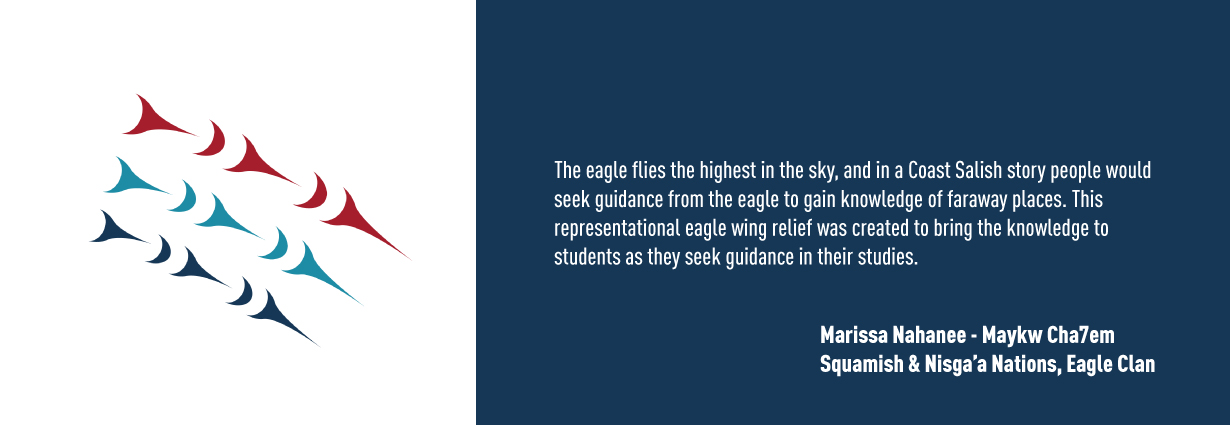
Contact Ashley Edwards, Indigenous Initiatives and Instruction Librarian, with any questions.
In a panel discussion hosted by Kwantlen Polytechnic University on November 25, 2020, Rhiannon Bennett (Musqueam) said that too often people are in such a rush to reach reconciliation that they bypass the truth part of ‘truth and reconciliation’. Reconciliation is not a destination that we can get to however, it’s a process that involves telling or recognizing the truth, forgiveness, and healing. There’s a lot many people can, and need to, learn about Canada’s treatment of Indigenous Peoples, and how there’s been a ripple effect to contemporary concerns and issues. This learning is uncomfortable for many, as the truth that was taught in schools and reinforced in the media is being challenged.
Therefore, learning needs to be a substantial part of reconciliation work. Without understanding the full history of the country we currently call Canada, we cannot and will not make any progress towards reconciliation. To engage in decolonial and Indigenizing work, there also needs to be some education undertaken. Simply adding an Indigenous author(s) to a course syllabus is tokenism; the content should be engaged with, and from multiple Indigenous voices when possible and appropriate.
The resources shared here have been gathered to assist with those beginning steps. The content may push you outside of your comfort zone a little, putting you in a space of discomfort. If that’s the case, sit with it and reflect on why or what is making you uncomfortable. Take your time to read, reread, and reflect on the information. Reach out to others engaged in this learning to share your thoughts, ask questions, and work towards understanding. The important thing is taking this first step, and educating yourself on these topics.
SFU Library Indigenous Terminology guide
Provides definitions for common terms (e.g. First Nation, Indigenous, Indian Act, reconciliation).
Traditional territories: SFU's Land Acknowledgements
Provides perspective on where SFU is located, and the diversity of Indigenous Peoples in Canada. There's also information on writing positionality statements and land acknowledgements.
Indigenous Foundations (First Nations and Indigenous Studies department, UBC)
Provides short, plain language articles on numerous Indigenous topics such as the Indian Act, Aboriginal Rights (including some key cases), the reserve system, Residential Schools, and various aspects of cultural traditions.
Indigenous Canada MOOC (UAlberta and Coursera)
Free 12 week course, providing a brief overview of Indigenous Peoples in Canada. Each week has approximately an hour of video and then a document with the transcript and references.
Working effectively with Indigenous Peoples blog
Using plain language this blog provides information on a huge variety of topics. Some posts to start with are:
- 21 things you may not have known about the Indian Act (there's a book based off this entry).
- A brief timeline of the history of Indigenous relations in Canada
- Indigenous Peoples are all the same, right?
- ABC of Indigenous awareness
âpihtawikosisân (Chelsea Vowel's blog); Indigenous Issues 101
Secret Life of Canada
This podcast has numerous episodes that include Indigenous topics. Some to start with are:
- Season 1: The secret life of the North
- Season 2: Water
- Season 2: The Indian Act
- Season 3: Kanesatake 300 Years Later (Part 1)
- Season 3: Kanesatake 300 Years Later (Part 2)
- Season 3: The Mounties Always Get Their Land (Part 1)
- Season 3: The Mounties Always Get Their Land (Part 2)
